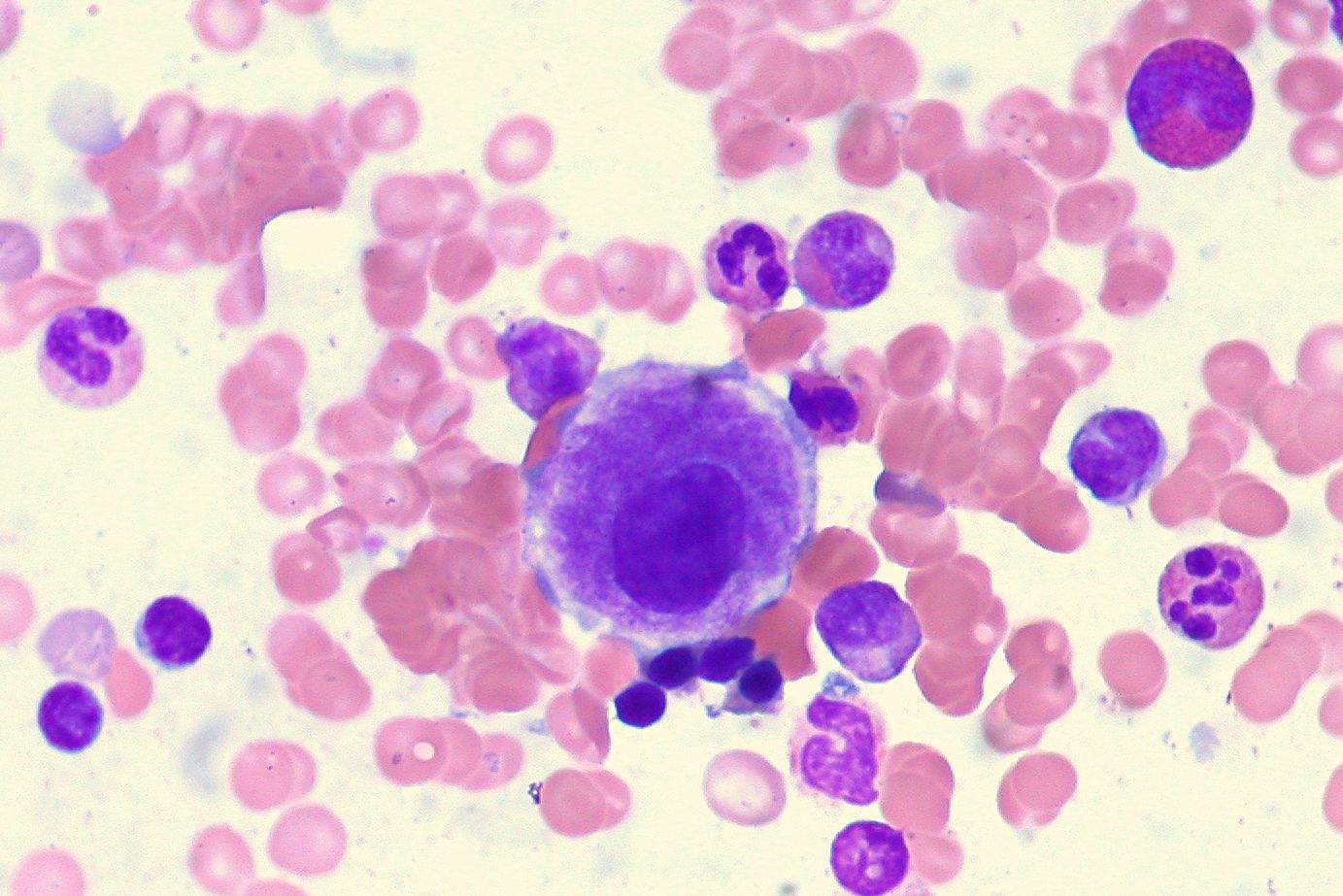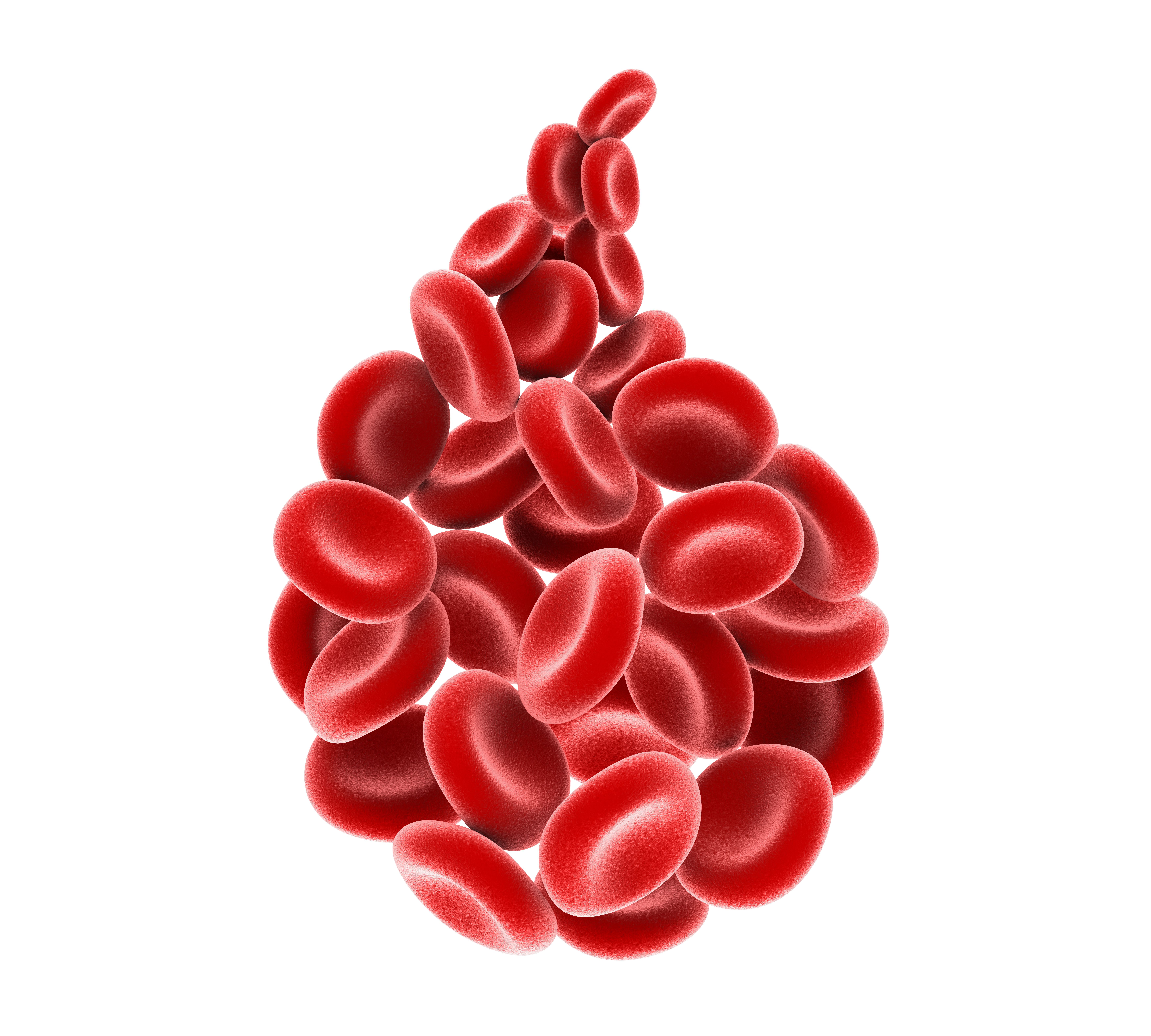

An analysis based on the phase 3 TRANSFORM and TRANSCEND trials shows an increase in cost-effectiveness, life-years, and quality-adjusted life-years compared with standard of care in patients with relapsed/refractory diffuse large B-cell lymphoma.

Early discontinuation of a hypomethylating agent was associated with an increase in economic burden for those with refractory anemia with excess blasts, a diagnosis that overlaps with high-risk myelodysplastic syndrome.

Investigators have identified an association between the diagnosis and care of older patients with multiple myeloma and substantial financial burden on Medicare.

A real-world study found patients with relapsed/refractory multiple myeloma who were triple-class exposed had higher healthcare costs and unmet treatment needs.

Survival among patients with multiple myeloma appears to be influenced by factors such as socioeconomic status and treatment facility type.

A synthesis of P-values across 16 studies in different global regions found that socioeconomic status continues to be a significant prognostic factor of overall survival for patients with multiple myeloma.

